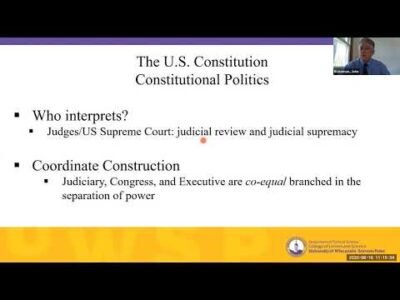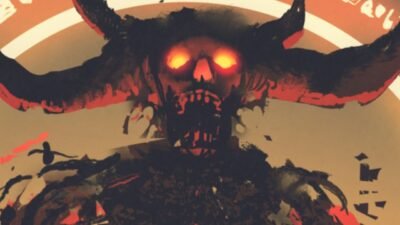characteristics of satan in paradise lost
Exploring the Complex Character of Satan in Milton’s Paradise Lost
Milton’s epic poem, Paradise Lost, is a masterpiece that delves into the intricate depths of human nature and the complexities of good and evil. Among the various characters in this epic, none is more fascinating and multifaceted than Satan himself. Milton’s portrayal of Satan challenges commonly held beliefs about evil and presents an intriguing exploration of the human condition.
Rather than depicting Satan as a one-dimensional embodiment of pure evil, Milton crafts him as a complex character with a multitude of conflicting emotions and desires. Satan embodies both the rebellious spirit and the tragic hero, making him a far more relatable and compelling figure than a simple villain. Through intricate language and vivid imagery, Satan’s complexity shines through, evoking empathy and understanding from readers.
One of the most striking aspects of Satan’s portrayal is his charismatic and persuasive nature. Throughout the poem, he employs his eloquence and strategic skills to rally his fallen angelic army and continues to manipulate others towards his cause. Satan’s ability to charm and captivate his followers stems not only from his charisma but also from his ability to understand and exploit their weaknesses. He is a master of rhetoric and appeals to his comrades’ sense of pride and desire for revenge, carefully orchestrating their rebellion against God. Thus, Satan’s character becomes a cautionary exploration of the seductive power of manipulation and the flaws of human nature.
Despite his undeniable allure, Milton also presents Satan as a tragic figure. While his pride and arrogance lead him to defy God, they also consume him with self-doubt and inner turmoil. Satan’s internal struggle between his desire for power and his recognition of his own damnation creates a poignant and sympathetic portrayal. He is tormented by his own choices and the consequences of his rebellion, ultimately questioning whether his pursuit of revenge was worth the price he paid.
Milton also explores Satan’s capacity for change and growth. Despite being consumed by evil, Satan demonstrates moments of self-reflection and self-awareness, allowing readers to see glimpses of his internal struggle. For instance, during his journey through chaos, Satan reflects on the punishment he and his fallen angels face, acknowledging the righteousness of their damnation. This momentary introspection creates a complex character who is not entirely devoid of morality, but rather one who grapples with it.
Furthermore, Satan’s dialogue with other characters serves as a platform for exploring philosophical and moral debates. Through his interactions with Eve, Raphael, and even God, Satan articulates thought-provoking arguments that challenge traditional notions of good and evil. By giving voice to opposing viewpoints, Milton encourages readers to critically analyze these ideas and consider alternative perspectives.
Milton’s exploration of Satan’s character in Paradise Lost goes beyond the conventional portrayal of evil. By carefully crafting a complex and multifaceted figure, he presents a character that is both captivating and thought-provoking. Through his depiction of Satan, Milton delves into the intricate depths of human nature, challenging readers to question their own moral complexities and the duality of good and evil within themselves.
#Exploring #Complex #Character #Satan #Miltons #Paradise #Lost






No comment yet, add your voice below!